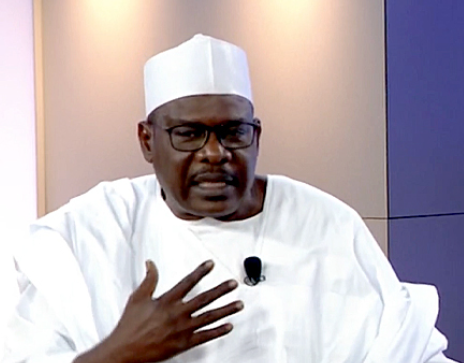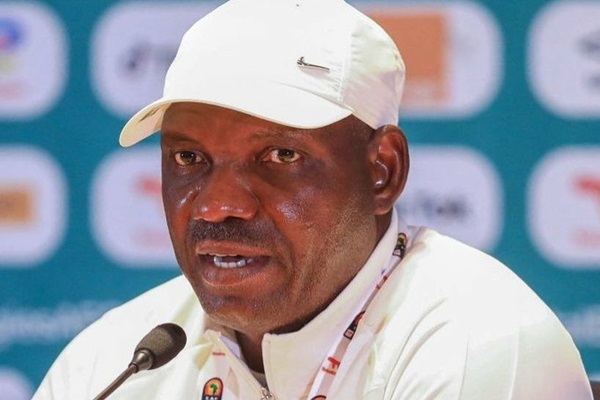Former Senate Chief Whip, Ali Ndume, has called on the newly appointed Chief of Defence Staff, Lt. General Olufemi Oluyede, and other service chiefs to make the welfare and pay of military personnel a top priority.
Speaking in Abuja on Thursday, shortly after President Bola Tinubu decorated the new service chiefs, Ndume said poor remuneration continues to weaken morale and effectiveness across the Nigerian Armed Forces.
The Borno North senator, who chaired the Senate Committee on Army in the 9th Assembly, warned that unless soldiers are properly motivated, Nigeria’s fight against insurgency, banditry, and other security challenges will remain difficult.
“The annual budget of the Armed Forces and other security agencies should be in the First Line Charge — it shouldn’t be discretionary. They should be front-loaded,” he said.
Ndume lamented that Nigerian soldiers are among the least paid in Africa despite being among the most frequently deployed and exposed to danger.
He compared Nigeria’s pay structure to that of other African countries, describing it as “nothing to write home about.”
“In Ghana, the entry-level pay for a private soldier is around ₦180,000 per month. In South Africa, enlisted personnel earn about ₦250,000.
In Egypt, it ranges between ₦230,000 and ₦280,000, and in Kenya, a private earns about ₦200,000 — excluding operational allowances.
But in Nigeria, a private earns far less despite higher risks and longer deployments,” he stated.
The lawmaker urged the Tinubu administration to prioritise the Armed Forces’ budget and ensure prompt, non-discretionary funding to improve efficiency and morale.
“I have identified four pillars that can keep our military formidable — TEAM: Training, Equipment, Ammunition, and Motivation — in that order,” he explained.
Read Also;
Troops rescue 23 kidnap victims, nab key terrorists’ collaborators
Ndume also cautioned that the widening gap between soldiers’ pay and the rising cost of living has worsened morale, recruitment, and retention, especially among those posted to high-risk zones.
He stressed that improving troop welfare isn’t just a financial issue but a national security imperative.




